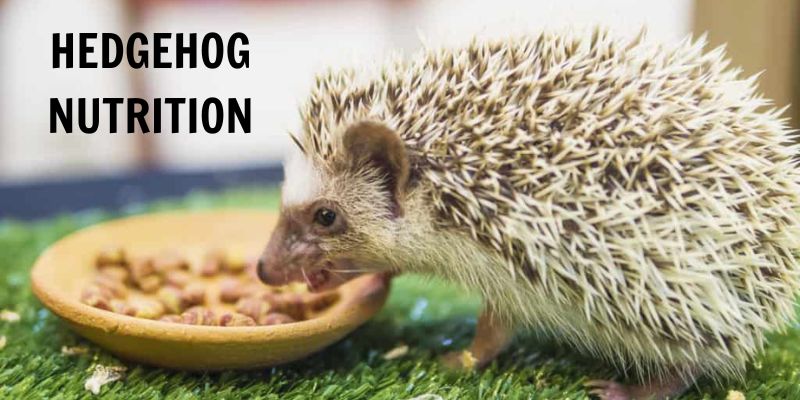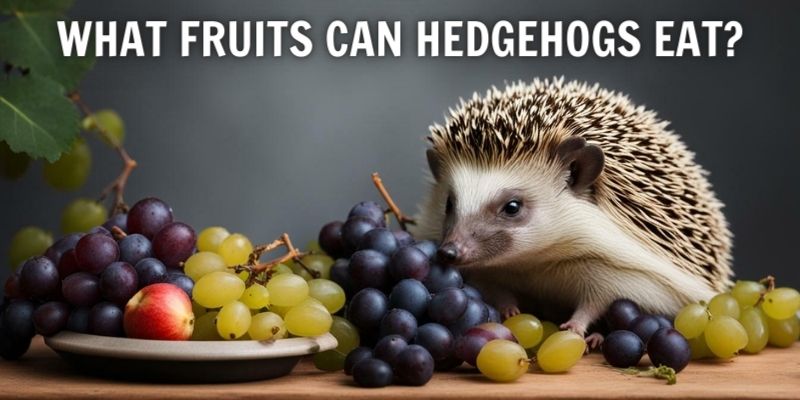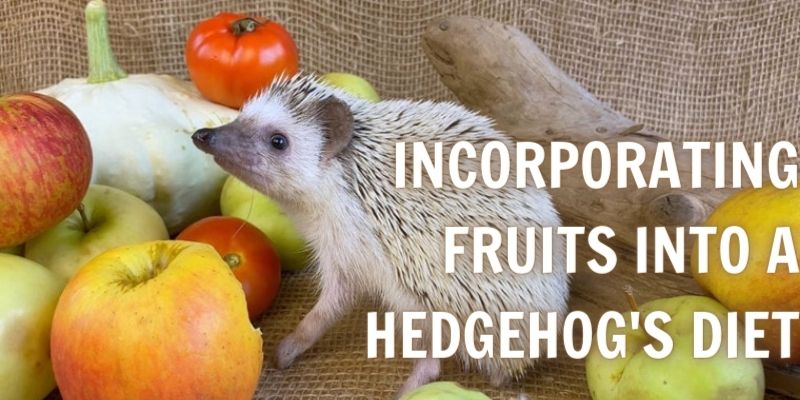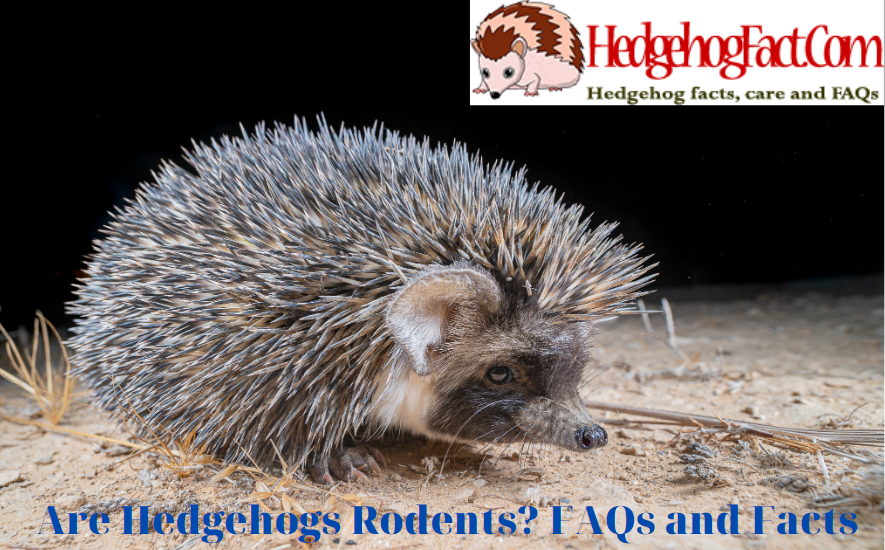Hedgehogs are delightful little creatures known for their adorable appearance and quirky habits. As exotic pets, they require a well-rounded diet to maintain optimal health and happiness. While their primary diet consists of high-quality commercial hedgehog food, incorporating fruits can offer them essential nutrients and variety. In this article, Hedgehogfact will delve into the world of hedgehog nutrition and explore what fruits can hedgehogs eat, providing valuable insights for hedgehog owners.
Understanding Hedgehog Nutrition:
Before we delve into the world of hedgehog-friendly fruits, it’s essential to grasp the basics of hedgehog nutrition. In the wild, hedgehogs are primarily insectivores, feasting on a diet rich in insects, worms, and other small invertebrates. However, in captivity, they require a balanced diet that mimics their natural food sources while providing essential nutrients.
While commercial hedgehog food can serve as a base, incorporating fresh fruits into their diet adds variety and essential vitamins. However, it’s crucial to remember that fruits should only be given in moderation as treats to prevent obesity and digestive issues.

What Fruits Can Hedgehogs Eat?
Now, let’s dive into the exciting world of hedgehog-safe fruits. From apples to berries, there’s a wide range of options to tantalize your prickly friend’s taste buds.
- Apples: Apples are a crunchy and refreshing treat for hedgehogs. However, it’s crucial to remove the seeds, as they contain cyanide, which can be harmful to hedgehogs. Slice the apples into small, bite-sized pieces for easy consumption.
- Bananas: Bananas are a favorite among many hedgehogs. Rich in potassium and other essential nutrients, bananas are a healthy and delicious snack. Mash or slice the bananas into small portions for your hedgehog to enjoy.
- Berries: Berries such as strawberries, blueberries, and raspberries are packed with antioxidants and vitamins, making them excellent treats for hedgehogs. These bite-sized fruits can be offered whole or sliced into smaller pieces for easy eating.
- Melons: Melons, including cantaloupe and watermelon, are hydrating and nutritious options for hedgehogs. Remove the seeds and rind before offering small pieces of melon to your pet.
- Mangoes: Mangoes are a tropical delight that hedgehogs can enjoy in moderation. Remove the skin and pit, and offer small chunks of ripe mango as an occasional treat.
- Papayas: Papayas are another tropical fruit that hedgehogs can enjoy in moderation. They are rich in enzymes, fiber, and vitamins, aiding digestion and promoting gut health.
- Peaches: Peaches are juicy and flavorful fruits that hedgehogs can enjoy on occasion. Remove the pit and offer small pieces of ripe peach for your pet to nibble on.

- Pears: Pears are a sweet and juicy treat for hedgehogs. Remove the seeds and core, and offer small slices of ripe pear as a special treat.
- Pineapples: Pineapples are tangy and tropical fruits that hedgehogs can enjoy in moderation. Remove the tough outer skin and core, and offer small chunks of ripe pineapple as an occasional treat.
- Kiwi: Kiwi is a tropical fruit that adds variety to a hedgehog’s diet. It is packed with vitamin C, vitamin K, and fiber, promoting overall health and vitality.
- Grapes: When offered seedless and cut into small pieces, can be a tasty treat for hedgehogs. However, it’s essential to feed them in moderation, as grapes contain natural sugars that can contribute to obesity.
- Cherries: When pitted and offered in moderation, can be a delicious treat for hedgehogs. Remove the pits and offer small amounts of ripe cherries as an occasional indulgence.
Incorporating Fruits into a Hedgehog’s Diet:

While fruits offer nutritional benefits, they should be given to hedgehogs in moderation and as part of a balanced diet. The primary component of a hedgehog’s diet should be a high-quality commercial hedgehog food formulated to meet their specific nutritional requirements. Fruits should only constitute a small portion of their overall diet to prevent obesity and digestive issues.
When introducing fruits to your hedgehog’s diet, it’s essential to start gradually and monitor their response. Some hedgehogs may have preferences or sensitivities to certain fruits, so it’s essential to observe their behavior and adjust their diet accordingly.
Furthermore, it’s crucial to prepare fruits properly before offering them to your hedgehog. Remove any seeds, pits, or cores, as these can pose choking hazards or contain toxins that are harmful to hedgehogs. Wash fruits thoroughly to remove any pesticides or residues that may be present.
Conclusion:
In conclusion, hedgehogs can enjoy a variety of fruits as part of their diet, offering them essential nutrients and flavor. Understanding what fruits can hedgehogs eat allows pet owners to provide their hedgehogs with a diverse and balanced diet that promotes overall health and well-being. However, it’s crucial to offer fruits in moderation and alongside a high-quality commercial hedgehog food to meet their nutritional needs adequately. By incorporating fruits responsibly into their diet, hedgehog owners can ensure that their beloved pets thrive and lead happy, healthy lives.




